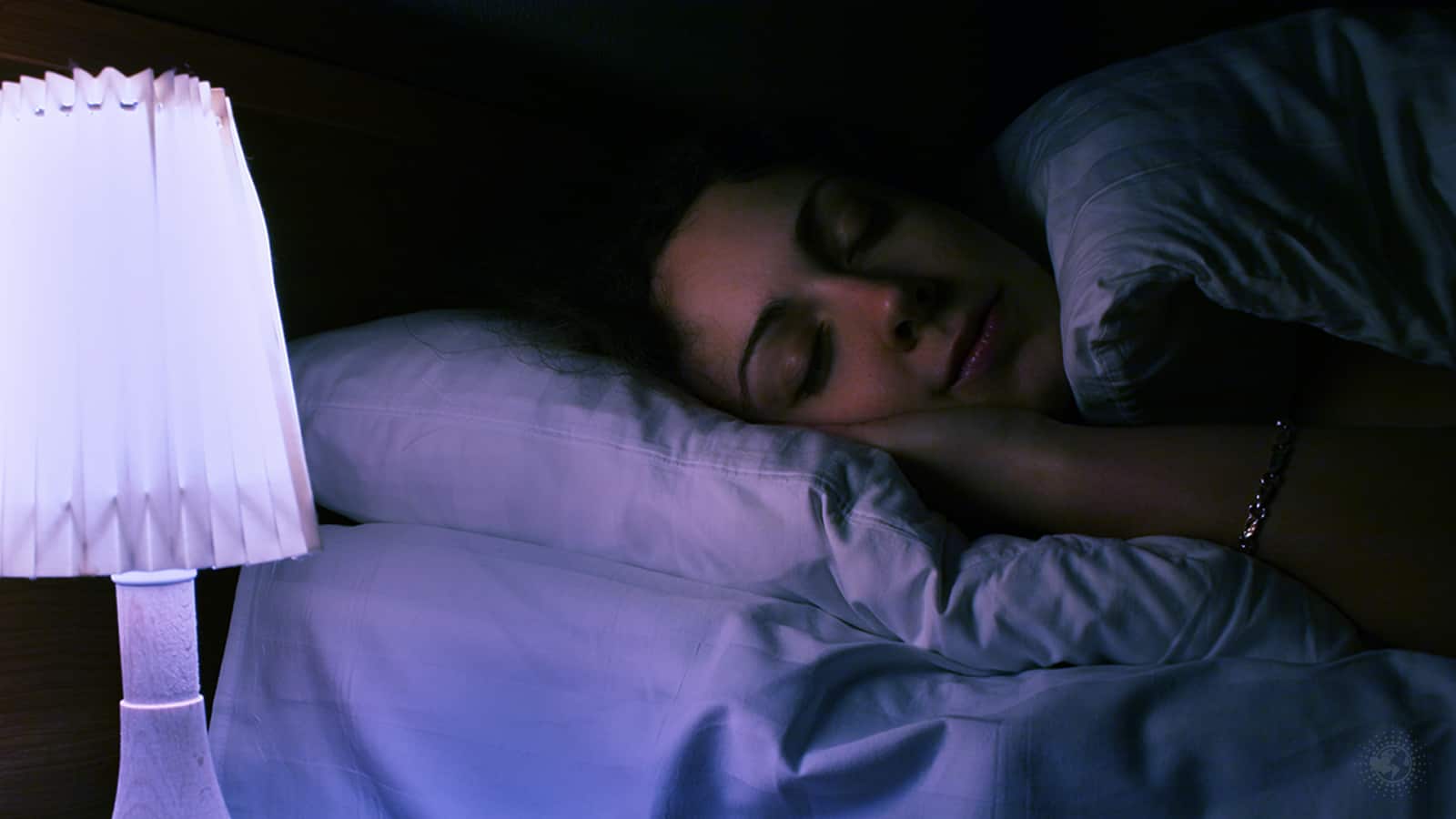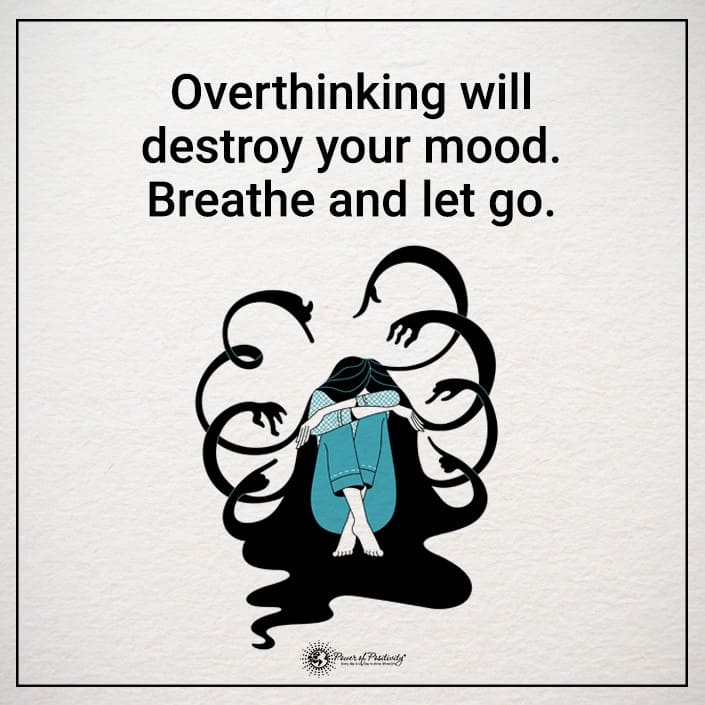You may not have heard about the health benefits of sleeping in a cold room. There are plenty of benefits worth noting. Here is what science says about why you should try sleeping in a cold room.
How cold should your room be?
Studies show that sleeping in lower temperatures, around 62 degrees, benefits your sleep. When you sleep, your brain regulates your body temperature to a lower setting, much like having a thermostat inside your body. If you get too cold or hot at night, your body works hard to maintain the correct setting, ensuring a comfortable night and day bed experience.
So, a slight drop in temperature helps you sleep, but too much of a drop in temperature will keep you awake. Finding the perfect comfort level for your bedroom could make the difference between insomnia or a good night’s sleep. Try different temperature settings until you find the one that is best for you.
What helps you sleep?
Here are some helpful suggestions for getting your most restful sleep.1 – Keep your room dark
Hang blackout curtains at your windows, turn off all the lights in your bedroom–including night lights since they can disrupt your sleep. This includes your alarm clock.
2 – Keep your room quiet
Turn off your cell phone and anything that makes unnecessary noise. Some people like white noise to help them sleep. You can use a fan, but it may make a draft in the room. Noise machines or apps work well.
3 – Keep your room at the right temperature
Not too hot or too cold. Remember that research suggests 62 as the ideal setting.
4 – Avoid memory foam pillows
These pillows can make you too warm.
5 – Wear socks
Cold feet keep you awake. Tuck your toes into a pair of cozy socks to keep them warm despite the cooler temperature setting.
Ten healthy benefits of sleeping in a cold room
So what the physical benefits of a good night’s sleep? There is a long list of amazing reasons to lower the temperature in your bedroom.
1 – You look younger when you sleep in a cold room
Stress takes a toll on your body and your skin. Colder temps boost your melatonin levels. Melatonin is not only a sleep hormone but an antioxidant that protects your skin from the damaging rays from the sun. It also increases collagen production, which prevents wrinkles. If you sleep in a warm room, your eyes get puffy with dark circles underneath them. Sleep is good for your skin because it heals and renews itself by removing toxins from your body and skin.
2 – Sleeping in a cold room reduces depression
When you sleep in a cold room, your sleep is deeper and more restful. This helps reduce your cortisol levels. A good night’s sleep improves your mental outlook and helps you fight anxiety and depression. Insomnia and depression can go hand in hand. So, getting a good night’s sleep can help your general outlook on life.
3 – Sleeping in a cold room gives you a deeper sleep
A study in 2018 found for the first time that cold temperature is a huge factor in the production of melatonin. Melatonin is a hormone that regulates your sleep, so your body has a cycle of sleeping and waking. As your brain responds to the darkness and cold, it produces melatonin. Melatonin has other roles in your body besides sleep, but researchers are still learning exactly what all these roles are.
4 – The cooler temperature helps you fall asleep quicker
Lowering the temperature of your room helps you drift off to sleep quicker. Researchers believe that those who struggle with insomnia usually have higher body temperatures during their sleep, so they have a hard time falling asleep. A colder room also helps you have a sleep deeper. You’ll stay asleep because the production of melatonin doesn’t get interrupted.
5 – Sleeping in a cold room promotes weight loss
How many times have you found yourself eating extra cookies because you’re so tired from being awake all night? When you can’t sleep, it increases your cortisol levels. Higher cortisol levels raise your anxiety and stress. When you feel anxious, you’re apt to overeat. Lower bedroom temps also increase your metabolism, which increases your good (brown) fat and improves your insulin levels.
6 – The cool temperature at night helps you fight off disease
Besides being tired, insomnia increases your risk of getting type2 diabetes. When you lower the temperature in your bedroom, it helps you fall asleep and stay asleep. During sleep, your body makes insulin, which controls your blood sugar and cortisol levels. Getting a good night’s sleep helps you avoid diabetes and other metabolic diseases. Sleeping in a cold room at night may also help your body fight heart disease and Alzheimer’s disease.
7 – Sleeping in a cold room helps during pregnancy
When you’re pregnant, it’s hard to find a comfortable position to sleep. But much of pregnancy discomfort is also due to a higher body temperature. Due to the extra blood flow, your body’s metabolism creases by around 20%. This causes your body temperature to go from 37˚C (98.6˚F) to 37.8˚ (100˚F). So sleeping in a cold room will help you feel more comfortable so you’ll fall asleep quicker and stay asleep.
8 – The coolness reduces inflammation and pain
A cool bedroom can reduce inflammation and pain that can keep you awake at night. Many athletes sleep in a cold room after performing to help their bodies recover and lower their inflammation levels.
9 – Reduces the chances of fungal infections
Lower bedroom temperatures can help reduce fungal and bacterial infections in women. Bacteria and fungi multiply in warm, moist environments. When you sleep in a cold room, you reduce the chances of getting a UTI or vaginal infection.
10 – Can improve male fertility
Sleeping in a cold room at night might affect male fertility. Researchers suggest that long exposures to heat lower sperm level production in men. Scientists are still studying this. But if you’re trying to get pregnant, it may be worth lowering the temperature in your bedroom.
What is the best way to cool your bedroom at night?
You may not have access to your home’s thermostat, but you can still cool off your bedroom. Here are some tips for keeping your room more relaxed at night.
- Open the windows at night to get a good breeze. Close the windows during the day to keep the cool air in your bedroom.
- A ceiling fan or an oscillating fan helps circulate the air around your room so it cools off.
- Stick a box fan in your window at night to draw out the heat from your room.
- Cool mattress topper. Avoid memory foam pillows and mattresses because they make you feel warmer.
- Keep blinds or curtains closed during the day to maintain cooler temps in your room, especially in the summer.
Other sleeping habits that will help you sleep better at night.
Besides lowering your bedroom temperature to help you sleep, some good sleep habits can improve your sleep.
1 – Stop gaming, texting, and sending emails at least an hour before your bedtime
These devices have blue screens, which have been found to keep you from falling asleep. The blue screens interfere with your body’s melatonin production, the sleep hormone that helps you fall asleep and stay asleep.
2 – Exercise and a good diet
Exercise and eating healthy are two critical factors for a good night’s sleep. When your body is healthy, you will feel less stress from elevated cortisol or high blood sugar. Be sure not to exercise close to bedtime since this will stimulate your brain and heart so you can’t fall asleep.
3 – Avoid drinking caffeinated drinks, alcoholic drinks, or smoking
Stay away from smoking, alcohol, and caffeine in the late afternoons because they’ll keep you awake. Many people don’t realize how much smoking affects them until they stop. There is often an immediate difference in how they feel and how much better they sleep.
4 – Establish a sleep pattern
Try to go to bed at the same time every night and get up at the same time every day. At night, find ways to relax by taking a bath, reading, or writing in your journal. These activities allow your body to wind down and get you ready for sleep.
Final Thoughts on Sleeping in a Cold Room
Getting a good night’s sleep is essential for not only feeling your best but staying healthy. Researchers found that sleeping in a cold room improves your sleep by enhancing your body’s melatonin production. Melatonin is called the sleep hormone because it causes you to sleep at night. It’s also an antioxidant, so it improves your mental health, helps you fight off disease, and improves your skin tone. Keeping your room dark also helps the production of melatonin.
Create good sleep habits to help your body unwind and prepare for sleep. Things like avoiding blue screen devices, reading a book, and eating healthy all add to your sleep ability. Sleep is essential for your body, so why not try lowering the temperature in your bedroom tonight to get the best night’s sleep ever?
















 Community
Community

